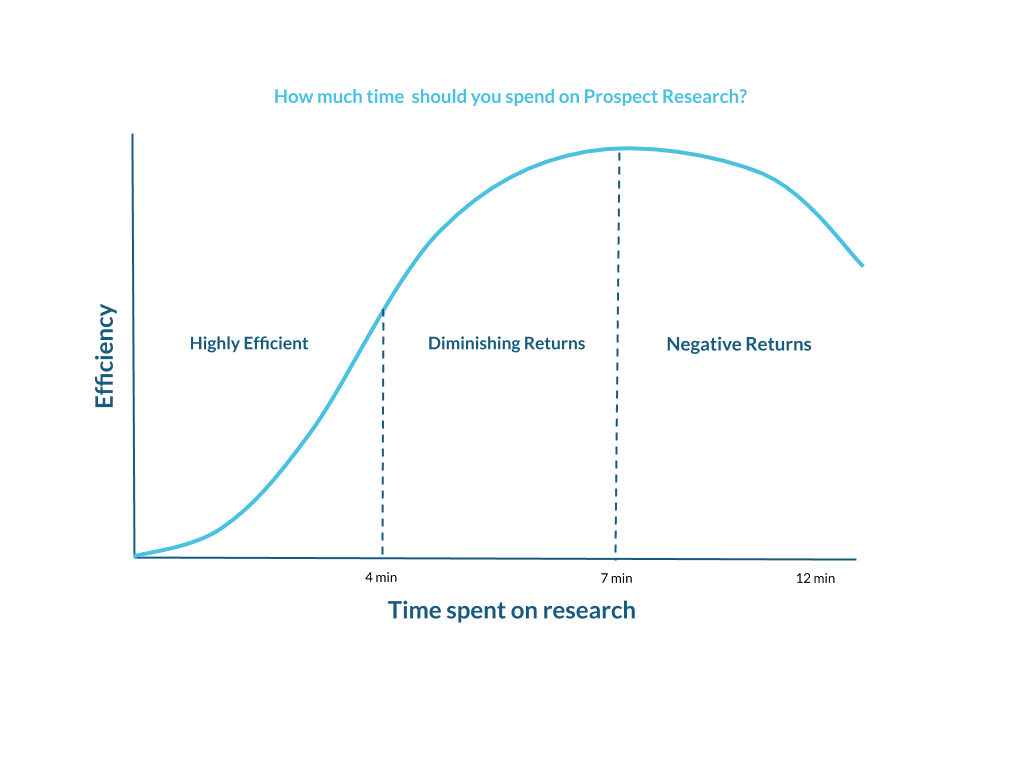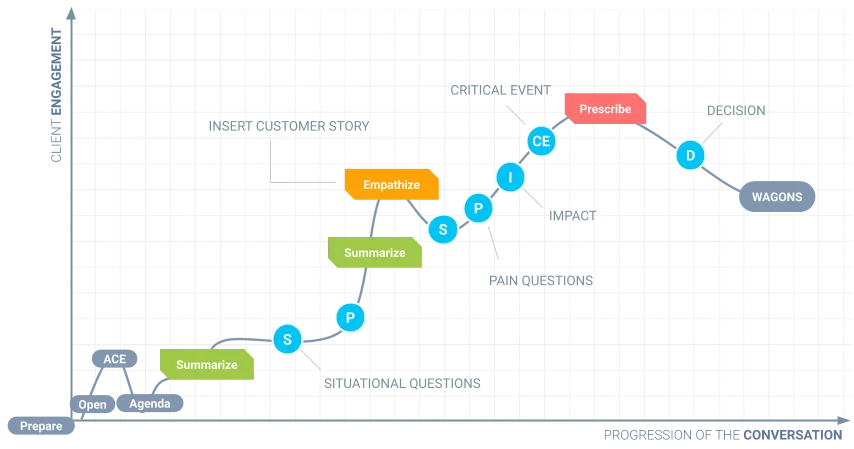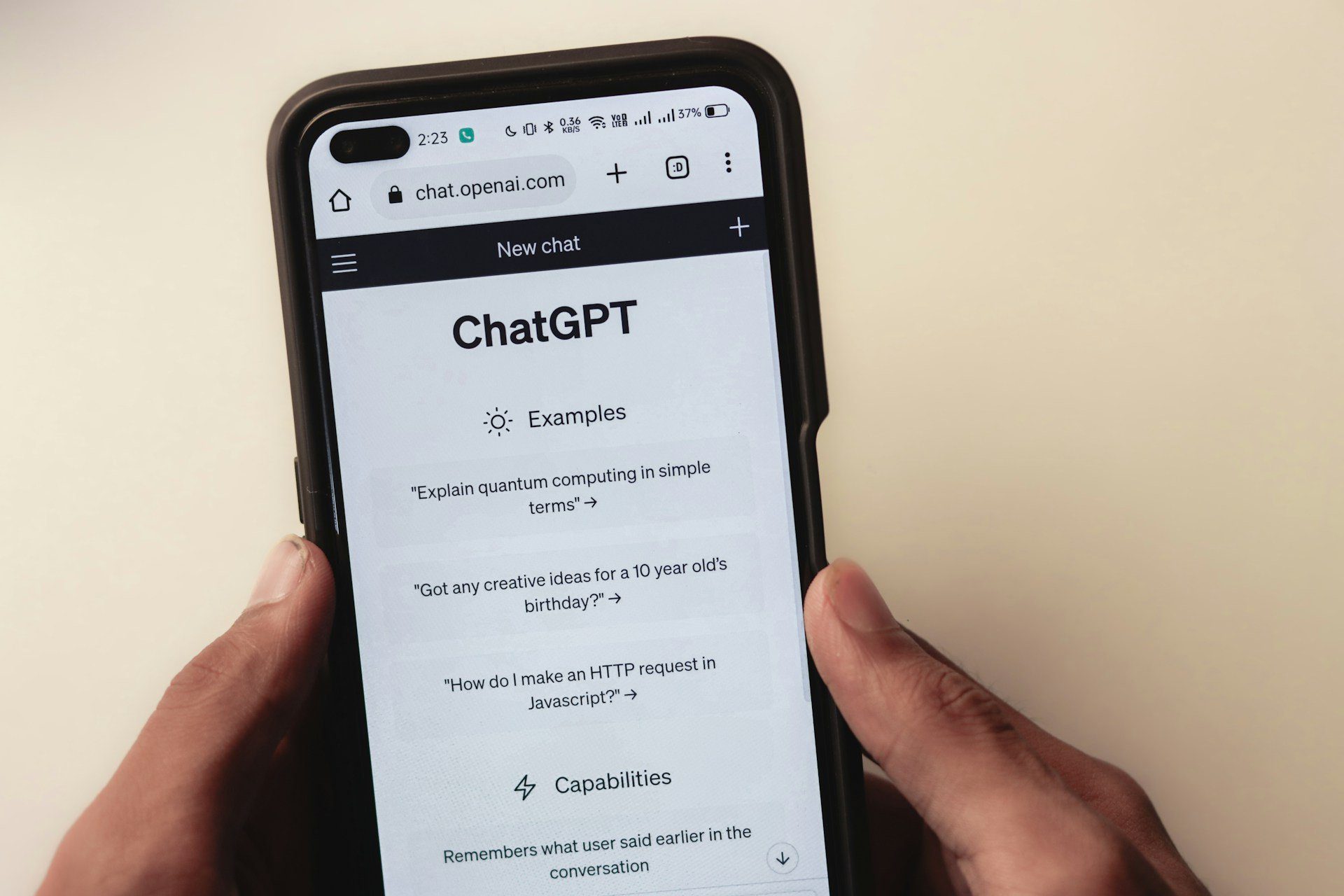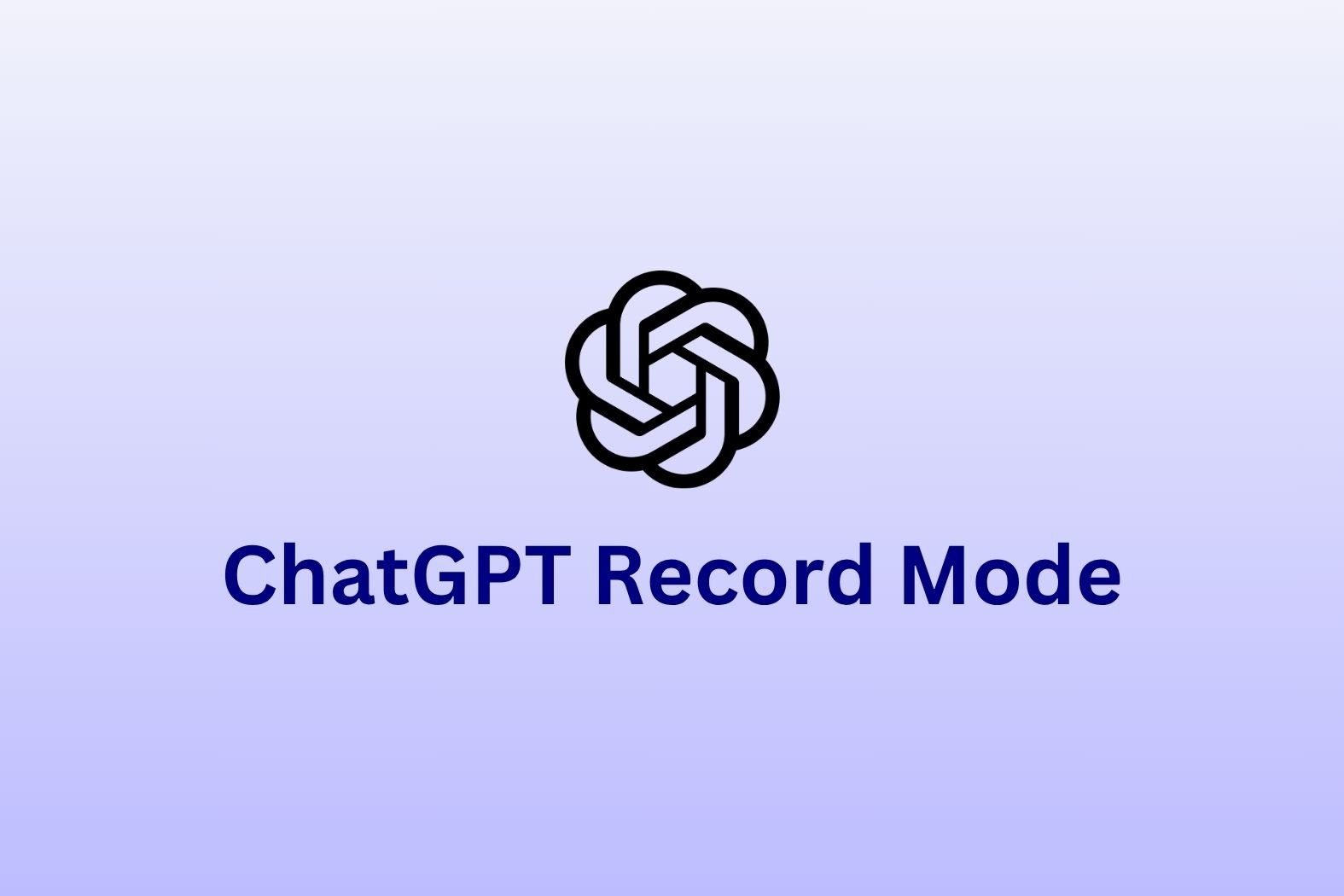The Discovery Call is a key moment in sales, and is distinctly different from a sales call. Where a sales call’s main aim is to close a deal, a discovery call is a foundational step to understanding any potential client’s needs, goals and any challenges that they face.
Being able to approach, and implement effective discovery call strategies lays the groundwork for a more informed sales approach, while also cementing a good rapport with a business or customer you hope to work with.
Table of Contents
Understanding Discovery Call Strategies
What Is The Purpose of a Discovery Call?
As mentioned above a discovery call is an initial conversation with a potential new client. The aim of the call is to gather information and explore a prospective client’s situation. This information will help the salesperson work out what to offer a prospect to solve their paints and tailor their approach and lead time effectively
What Are the Key Differences Between Discovery Calls and Sales Calls?
The really key difference between a discovery call and a sales call is in its purpose. Discovery calls are not a chance to close a sale, and to try and close a sale that early in the process can ruin the entire relationship. A discovery call is consultative, questioning, and an information-gathering exercise – as much for the client as it is for the salesperson.
When it comes to a sales call, the salesperson looks for opportunities to share value and then lead the potential customer closer to a sale. It’s all about converting.
This difference underscores the importance of a strategic approach in the early stages of the sales process.
The Role of Discovery Call Strategies in Enhancing the Sales Process
To some in sales, discovery calls may seem a bit frivolous. If you have the prospect on a call, why not try and make the sale then and there? However, taking the time to get to know the customer means that any purchases or contracts they enter into are based on carefully thought-out consideration. There is no rushing to get them over the line. And while it would be nice to sell to every prospect, not every sale is suitable. By taking this more measured approach you can ensure the right fit, a better fit, that creates a longer-term relationship.
There have been numerous studies that have found that the vast majority of revenue is generated from current and repeat customers, as opposed to new ones. By fostering a good, solid relationship you are setting things up to pay dividends later on.
Discovery Call Strategies: How To Prepare Your Team
Researching The Prospect

Before the discovery call process taking the time to do some thorough research is crucial. There is nothing more painful than a rep speaking to a prospect and getting something simple (and on their website, usually!) wrong. Having an understanding of the prospect’s business – even if it’s just on the top-level – enables a rep to create a more meaningful conversation and demonstrates a commitment to providing something that works for them.
When speaking to a new prospect not everything will be obvious and make sure to coach your team not to jump to anu conclusions. Equally, making sure they feel emboldened enough to ask questions is really important as well.
Setting Clear Objectives for the Call
Before anybody jumps onto a phone call or logs onto a Zoom meeting, make sure that your reps have defined a clear objectives for the discovery call. This could be something such as identifying the prospect’s main challenges, understanding their decision-making process, or gauging their interest in your company’s solutions. Having this clarity ensures a focused and productive conversation. Rapport building is great and everybody should be trying to build a connection, but we don’t want an hour spent on a call talking about everything except the things that will help you to tailor a solution.
Crafting A Solid Opening Statement For All Discovery Calls
Any call that starts with a strong opening statement will be memorable. So making sure that ever rep has an engaging opening statement that briefly introduces themself and the purpose of the call, before getting into more detail is a great idea. Make sure that the statement is natural, but also expresses a genuine interest in the prospect’s business, and also offers a value-driven dialogue. Having a solid opening sets a positive tone, plays right into sales psychology, and encourages an open exchange of information.
Using The ACE Method
One way to approach this is using the ACE method. This provides a straightforward yet powerful framework to ensure your call starts on the right note, allowing you to focus on active listening and posing impactful questions right from the start.
A – Appreciate
They should begin by expressing gratitude for the prospect’s time. A simple acknowledgment can set a positive tone for the entire call. For example, “I appreciate you taking the time for today’s call.”
C – Check End Time
The rep confirming the duration of the call respects the prospect’s time and also manages expectactions. It also helps in managing the call’s pace. Get them to ask something like, “We have 30 minutes scheduled to speak today — does that still work for you?” Make sure that they need to listen to the response, as it may require adjusting the call agenda accordingly.
E – End Goal
They should close the statement by clearly stating the purpose of the meeting. This aligns expectations and opens the door to a focused discussion. A good way to phrase this could be, “The end goal of this meeting is to understand your requirements to see how we can potentially help. If you think it’s a good fit, we’ll discuss the next steps.”
Encouraging reps to use the ACE method as part of your overall discovery call strategies ensures a structured opening that values the prospect’s time, sets clear expectations, and fosters a conducive environment for meaningful dialogue. This approach not only demonstrates professionalism but also primes the conversation for a productive exchange of ideas and information, paving the way for a successful discovery process.
What Are Some Effective Discovery Call Strategies?
Make Sure Your Team is asking the Right Questions
A cornerstone of discovery call strategies is ensuring all questions are open-ended to encourage meaningful dialogue. We don’t want any closed questions at this point, and we want to encourage the prospect to share their objectives with us so we can solve them. Questions like “What are your main business goals?” or “What challenges are you facing in achieving those goals?” can provide invaluable insights.
Actively Listening and Taking Notes
Active listening involves fully concentrating on the prospect’s words, showing understanding, and responding thoughtfully. Taking notes helps to capture key points and follow up effectively, demonstrating your attentiveness and commitment to addressing their needs.
Aligning Your Solutions With Prospect Needs
After thoroughly understanding the prospect’s challenges, get the team to demonstrate how your solutions can meet the customer’s needs. By them tailoring their response to specific situation shows that your company is not just selling a product, but offering a meaningful solution. Again, this is a discovery call, so no hard sell but casually dropping in that you have had similar situations that have been solved with clients, and having case studies to back that can really help to build those connections.
What Are Common Mistakes to Avoid During Discovery Calls
Overselling The Product or Service
Every sales rep wants to make a sale, and there is often pressure to make the product fit the needs of the customer. However, focusing wholly on selling rather than taking the time to truly listen to, and understand, the prospect’s needs can be off-putting and setting up for failure. Really emphasize that discovery calls should prioritize the exploration of the prospect’s challenges. Selling should take the backseat at this stage.Trying to Close On The First Call
Make sure the team resist the urge to seal the deal immediately. This approach is not only premature but can significantly damage the budding relationship with a potential client. A discovery call is meant to be a foundational step where understanding and trust are built. Remind your team that the goal of this call is not to close a sale but to lay the groundwork for a future partnership. Rushing to close can come off as pushy and disregard the prospect’s need for time to make informed decisions.Not Listening to the Prospect
Failure to listen attentively can lead to misalignment between your solutions and the prospect’s needs, undermining the potential for a successful partnership. Failing to Follow Up There are many, many depressing facts out there about sales follow-ups. The fact that almost half of sales reps (48% to be precise!) don’t follow up after a cold call, and the average prospect says ‘No’ four times before a sale. Both of these figures really highlight that an effective follow-up after the discovery call is crucial for maintaining momentum and reinforcing the value you can offer. It demonstrates your dedication to addressing their needs and can set you apart from competitors.How To Craft A Good Discovery Call Script

A well-crafted discovery call script comprises several key elements that contribute to a successful call:
1. Compelling Opening
- Statement Using ACE Method
- Begin with a brief introduction of the rep and the organization.
- Clearly state the purpose of the call to set expectations.
- Should express genuine interest in the prospect’s business and acknowledge any prior interactions or referrals.
- This opening sets a positive tone and signals the beginning of a value-driven conversation.
2. Series of Open-ended Questions
- Include questions that encourage the prospect to talk about their business, such as their goals, challenges, and the context of their current situation.
- Questions should be tailored to show that the rep has done their homework, referencing specific aspects of their business or industry when possible.
- These questions should be designed to uncover the prospect’s needs deeply and understand the pain points they are experiencing. Examples include, “What are the biggest challenges you’re facing this quarter?” or “How do you see our solutions fitting into your current workflow?”
3. Listening and Probing for More Information
- Make sure that reps are prepared to actively listen to the prospect’s responses, showing empathy and understanding.
- Include prompts in the script for follow-up questions based on the prospect’s answers, allowing the rep to dive deeper into their needs and challenges.
4. Discussing Potential Solutions Briefly
- While the primary goal is not to sell, it’s beneficial to lightly touch on how the company’s solutions could address their needs, based on the information gathered.
- This part of the script should be flexible, with the capability to tailor the conversation to the prospect’s specific situation.
5. Closing with Clear Next Steps
- Conclude the call by summarizing key points discussed and any insights gained.
- Propose clear next steps, such as scheduling a follow-up call, sending over additional information, or setting up a meeting with more team members.
- This is also a great point for your rep to confirm that they are the decision maker, or if anybody else needs to be involved in the decision making process.
- Express appreciation for the prospect’s time and make sure that reps reiterate the interest in helping them achieve their goals.
What Are Some Best Practices for a Discovery Call Scripts?
Customization
While having a script is crucial, it’s equally important to tailor your approach to each prospect. Customization shows that you value the prospect’s unique situation and are not merely reading from a generic template. This is where A/B testing a script, or including customer feedback in your script can really help.
Flexibility
The script should serve as a guideline, not a strict script to be followed verbatim. Encourage sales reps to adapt their approach based on the conversation’s flow and the prospect’s responses.
Practice Makes Perfect
Regularly practice the script within your team, role-playing different scenarios to become comfortable with the flow and to anticipate various types of responses.
Continuous Improvement
After each call, review what worked well and what could be improved. Use these insights to refine the script over time, making it more effective with each iteration.
Measure the Success of Your Discovery Calls
To assess the effectiveness of your discovery calls, track metrics such as the call-to-meeting conversion rate, the quality of opportunities generated, and the feedback from prospects. These indicators can help refine your approach and improve outcomes.
Solid Discovery Calls Lead To Better Sales Results
Effective discovery call strategies and scripts are crucial for transitioning from mere transactions to meaningful consultations. By focusing on understanding the prospect’s needs and aligning your company’s solutions accordingly, your team can build stronger relationships and drive better sales results. Implementing these discovery call strategies not only enhances the quality of the discovery calls but also sets a solid foundation for successful client engagements.














